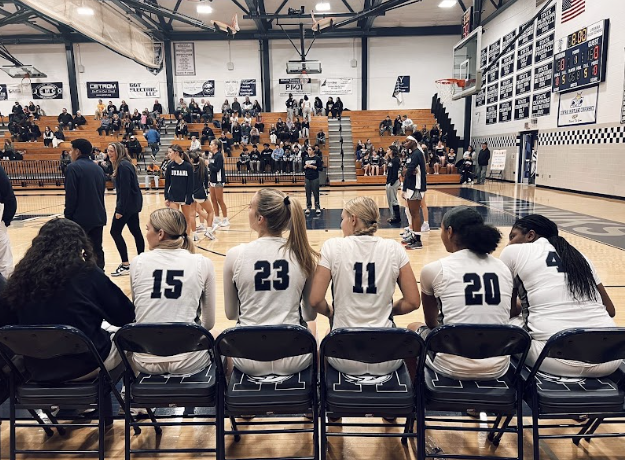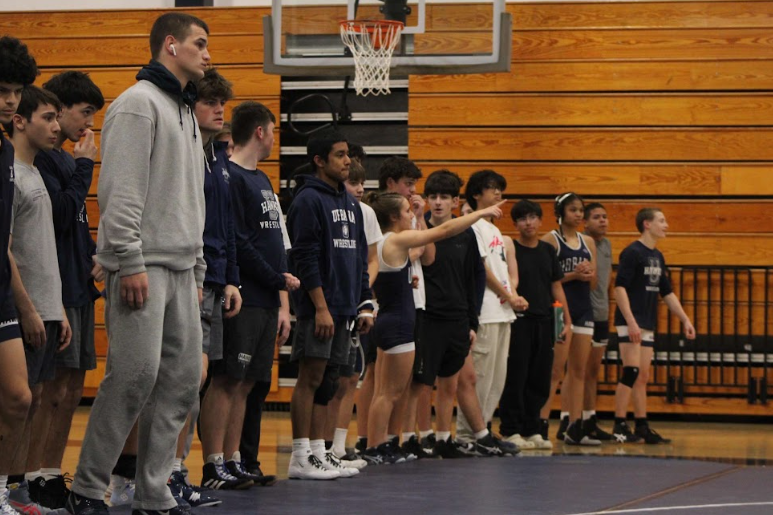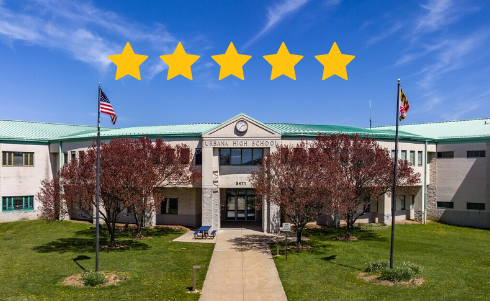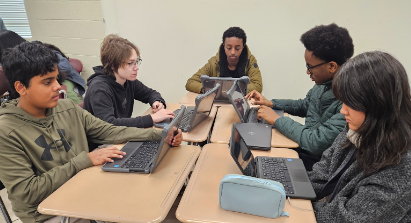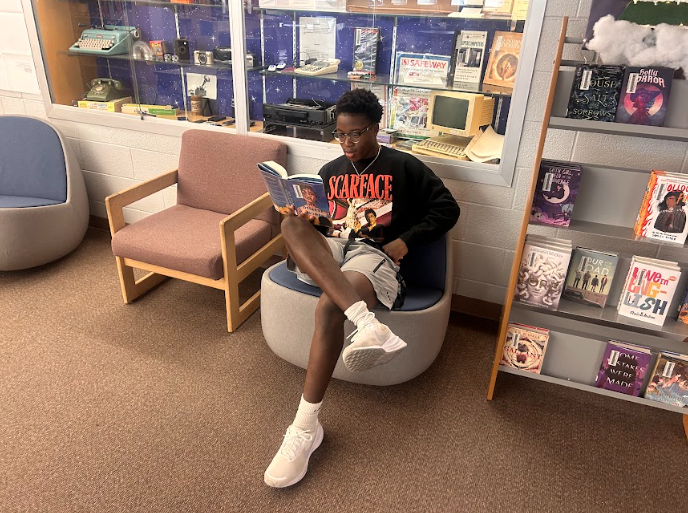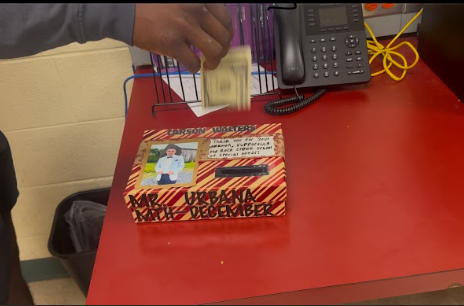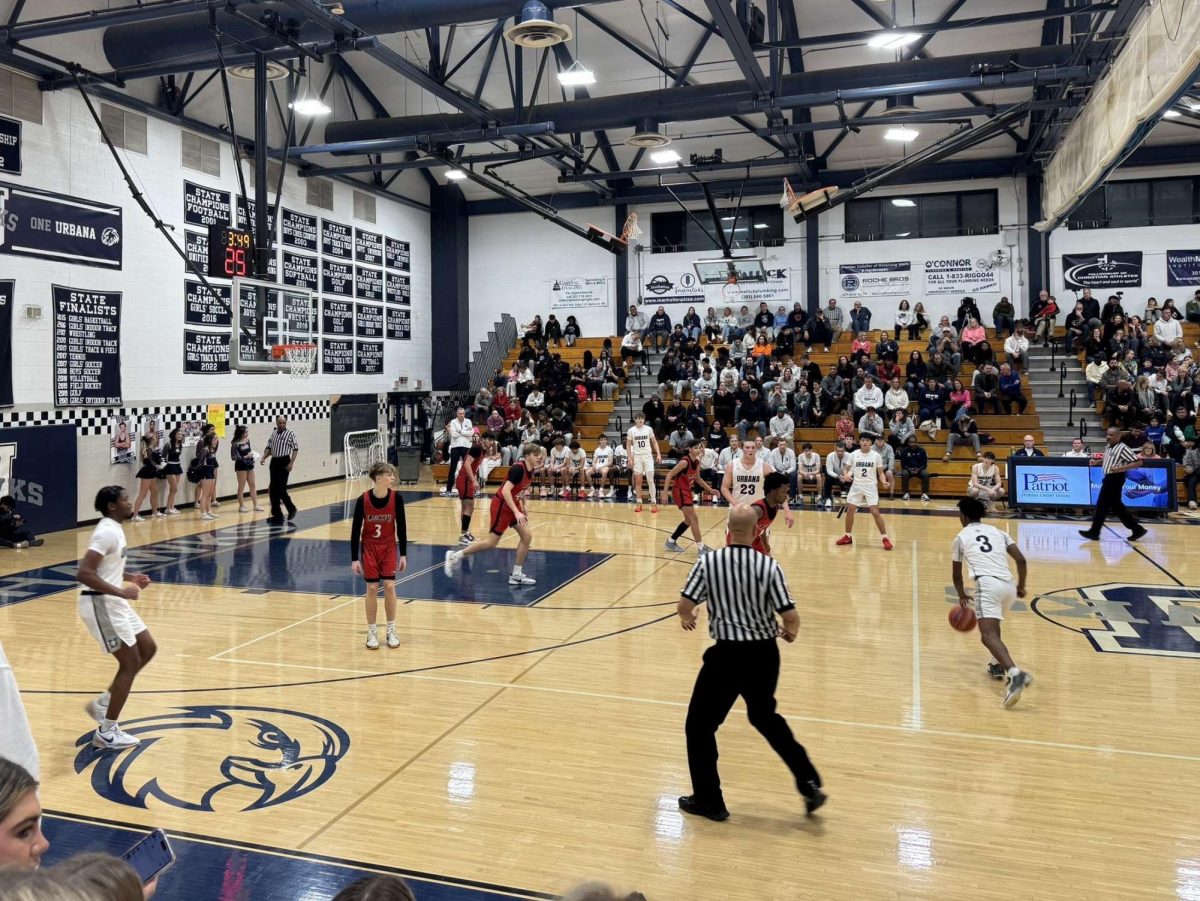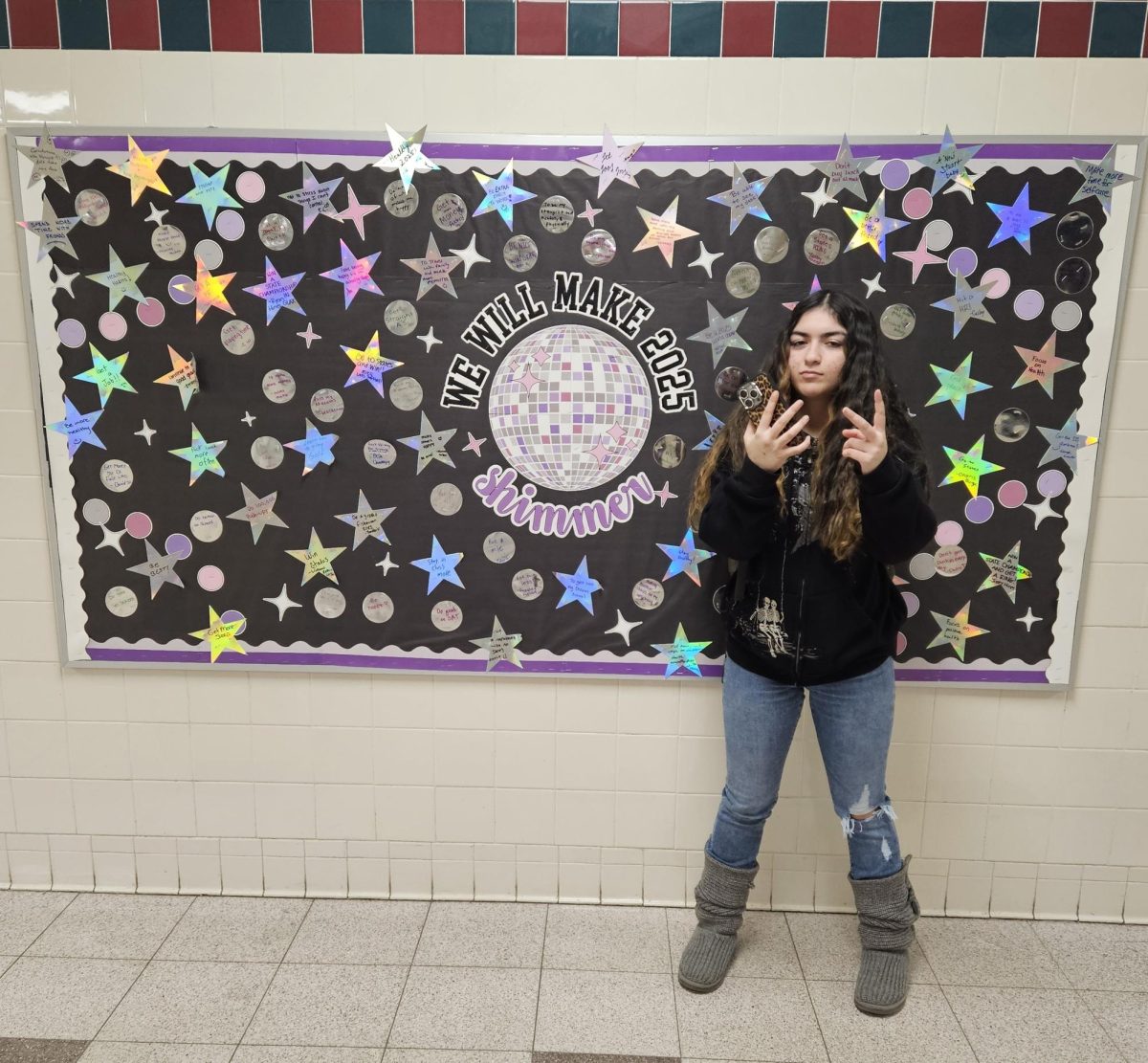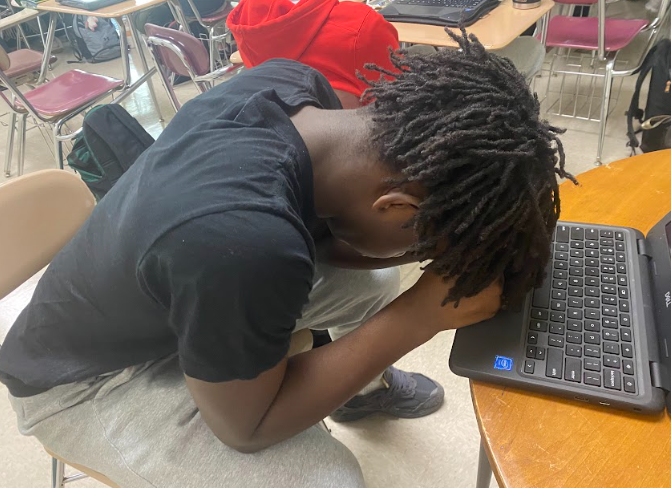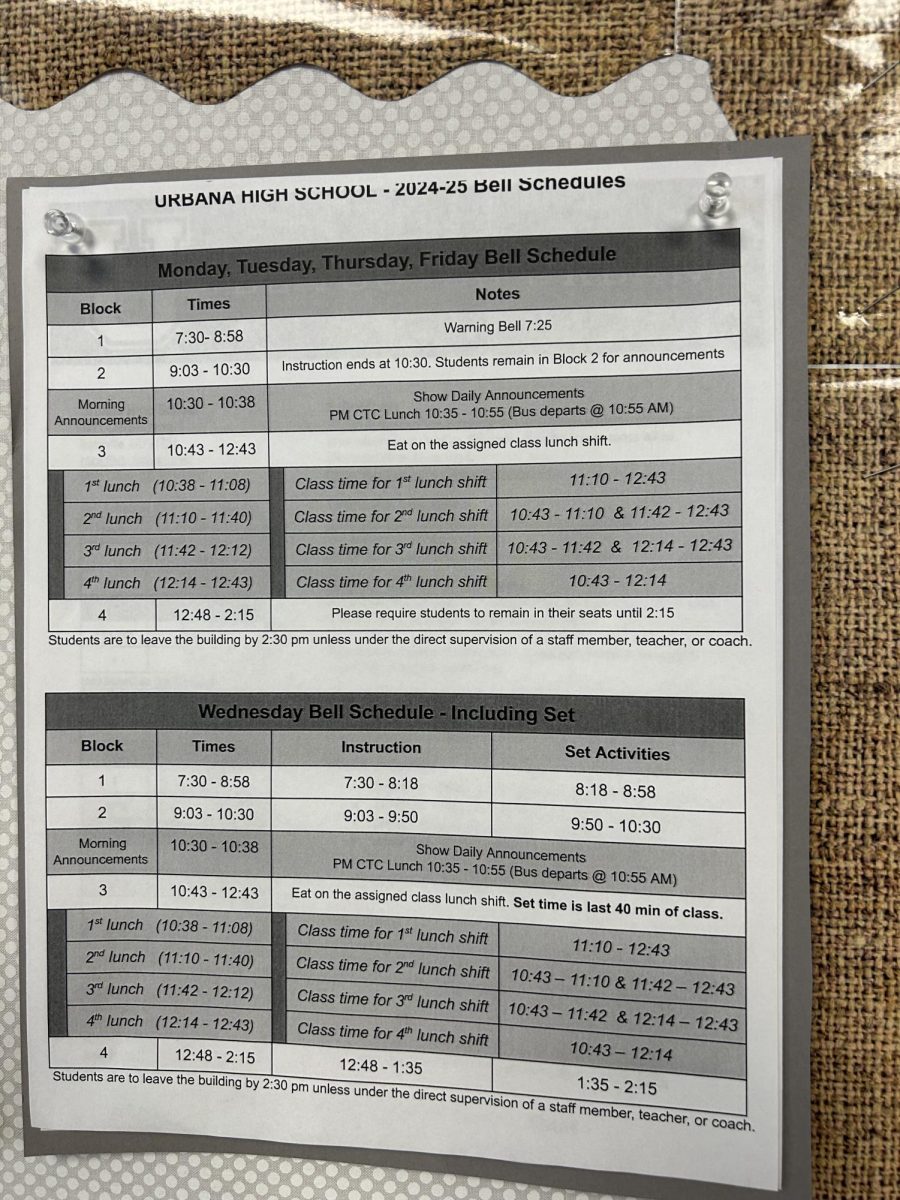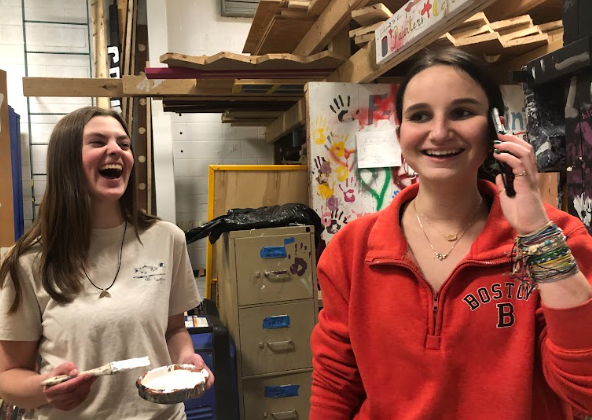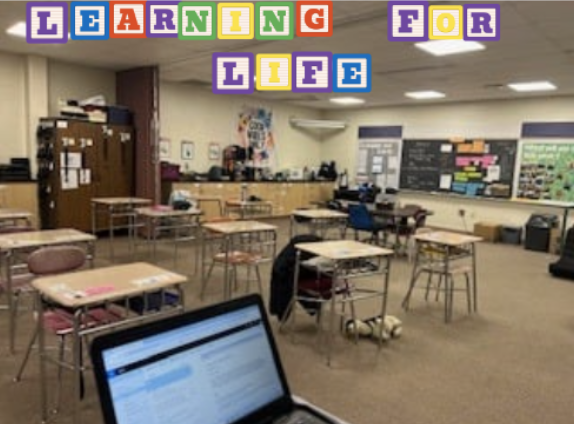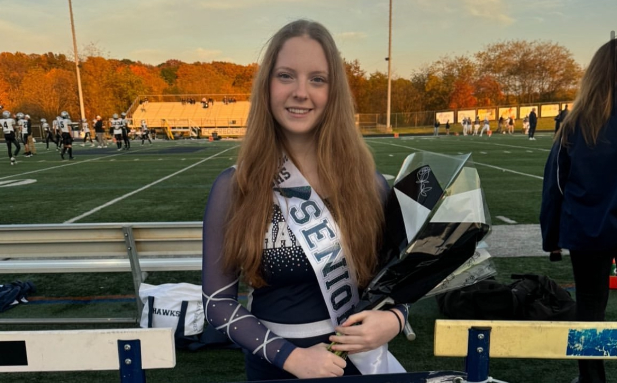College Application Struggles: Students Reflect on Their College Application Experience
February 3, 2023

Recently, college admissions have gotten more competitive. The number of submitted applications rose by 21.3% between 2019-2020 and 2021-2022, according to a March 2022 Common Application report, which included data from 853 member schools. Every year, students spend hours searching for ways to answer college essay prompts, stand out, and fill out their activity lists.
Personal Statement (Common App Essay) Tips:
On an Instagram survey hosted last Thursday, college students and high school seniors were asked to share their hardest college application experiences. Marissa Rochez, a UHS senior, responded, “Writing essays definitely. I wrote my essays the summer before senior year so I could have more time.” An anonymous college student replied, “Editing essays. Had to deal with overly push “offers” of feedback.” Essays are one of the most important parts of a college application. They help differentiate strong candidates from each other. They also help admission officers understand a candidate’s personality and values. Therefore, it is important to spend at least one month formulating, reviewing, and editing the 650-word personal statement.
When you are ready to begin the personal statement, there will be seven prompts offered by the Common Application to choose from. When writing a personal statement, you can choose either a montage structure or a narrative structure. A personal statement with a narrative structure illustrates how one specific life experience impacted your life. This structure is best for students who have faced a struggle that they overcame or a challenge that made an impact on their life. On the other hand, a montage essay presents a series of experiences that are connected, allowing you to present multiple sides of yourself that wouldn’t all fit into a single narrative. This essay structure is great for students who haven’t faced a struggle. Montage essay topics might include comparing your life to the ingredients of a recipe, tying experiences to stickers on your laptop, tying experiences to songs in your playlist, etc.
Here are some general tips to write a great personal statement: be authentic, make it personal, avoid cliches and quotes that are not yours, use vivid details to illustrate your experiences instead of telling them, grab the reader at the beginning of the essay with a hook, and write several drafts.
While no essay topic is completely off-limits, it is important to avoid overdone or cliche topics. According to CollegeVine, cliche topics include life achievements, sports injuries, tragedies, immigrant stories, challenging classes, volunteer trips, people you admire, and romantic relationships. Without interesting twists, these topics may make it difficult to stand out.
There are also essay topics that students are usually discouraged from writing about. These topics include politics, religion, and other sensitive topics. These topics run the risk of alienating or offending the reader. While it is possible to write a good essay on these topics, it usually is best avoided as they can be difficult to write about.
Tips From Current High School Seniors and College Students:
On an Instagram survey hosted last Thursday, college students and high school seniors were asked to reflect on what they wish they knew or had done before submitting college applications.
Audrey Bastian, a UHS senior, responded, “I wish I knew that the application will make you self-reflect so much!” This is very true. Self-reflection is mostly shown in not only the personal statement but also the supplementary essays for each college. It is important to use self-reflection to show colleges how certain life experiences have made you learn and grow into the person you are today. I would say most of my self-reflection was in my personal statement. My narrative-structured personal statement starts out with an anecdote of a time I realized that I had not made the cast for a theater show. In the rest of the essay, I self-reflected on how not getting a part has allowed me to develop a better relationship with rejection, become a better actor, and become a better person. My theater experience taught me the importance of projection, instinct, and characterization, as well as that rejection may not always be personal.
An anonymous college student stated, “Get as much done during the summer before the senior year.” Starting early is key to being successful in the college application process. The earlier you start, the more time you have to plan out your schedule, essays, and application theme. Filling out college applications is very time-consuming. So, it is recommended to have part of the common application filled out and the essays completed before the start of senior year. While I began filling out college applications on August 1st, I recommend starting much earlier in junior year.
Deven Patel, a UHS senior, warned, “Make sure you understand what the questions are asking, not just at face value.” During the college application process, it is essential to fully understand questions and read directions carefully. Skipping certain sections on the application, or inputting inaccurate information is the easiest way to get your college application rejected. I remember the times when I misread questions and put incorrect residency information in my application for all the Maryland schools I was applying to. I then had to email their admission offices to fix my mistakes.
Marissa Rochez, a UHS senior, responded, “Amount of money each one is. Definitely talk to parents about the budget for college applications.” Applying to college is expensive, so be sure to only apply to the colleges you actually want to go to. It can cost from $50 to $100 to submit one application. It is recommended to take advantage of fee waivers if possible. I submitted 9 college applications. While 10 is the average number, I would say that I submitted way too many because I was applying to some schools just for the sake of applying. I really wish I stuck to my top 5 schools.
An anonymous college student stated, “Submitting EVERYTHING on time. There is so much that needs to be submitted.” Every college has its own deadlines for the FAFSA, CSS profile, common application, and other school documents. It is important to check the college’s website and plan ahead.
Sources You Might Find Helpful:
On an Instagram survey hosted last Thursday, college students and high school seniors were also asked to share online sources they found useful for college application season. They reported sources that provided grammar help, college admission advice, and help with college research. Grammar and spelling sources reported by the students included Wordtune and Grammarly premium. Sources for college admission advice reported by the students included College Confidential, Reddit’s ApplyingToCollege thread, College Essay Guy Website, CollegeVine, U.S. News, and Summer Harvard. Lastly, students found Niche and Naviance to be helpful for college research. Every year, college admissions get increasingly competitive. So, it is important to always do your research, proofread your application several times, and ask for suggestions.
Citations:
College Applications Are on the Rise: What to Know – US News & World Report. https://www.usnews.com/education/best-colleges/articles/college-applications-are-on-the-rise-what-to-know.
“Guide: 1.6 – Two Approaches to Structuring a College Essay.” College Essay Guy | Get Inspired, https://www.collegeessayguy.com/cwiab-student-16-two-approaches-to-structuring-college-essays.




